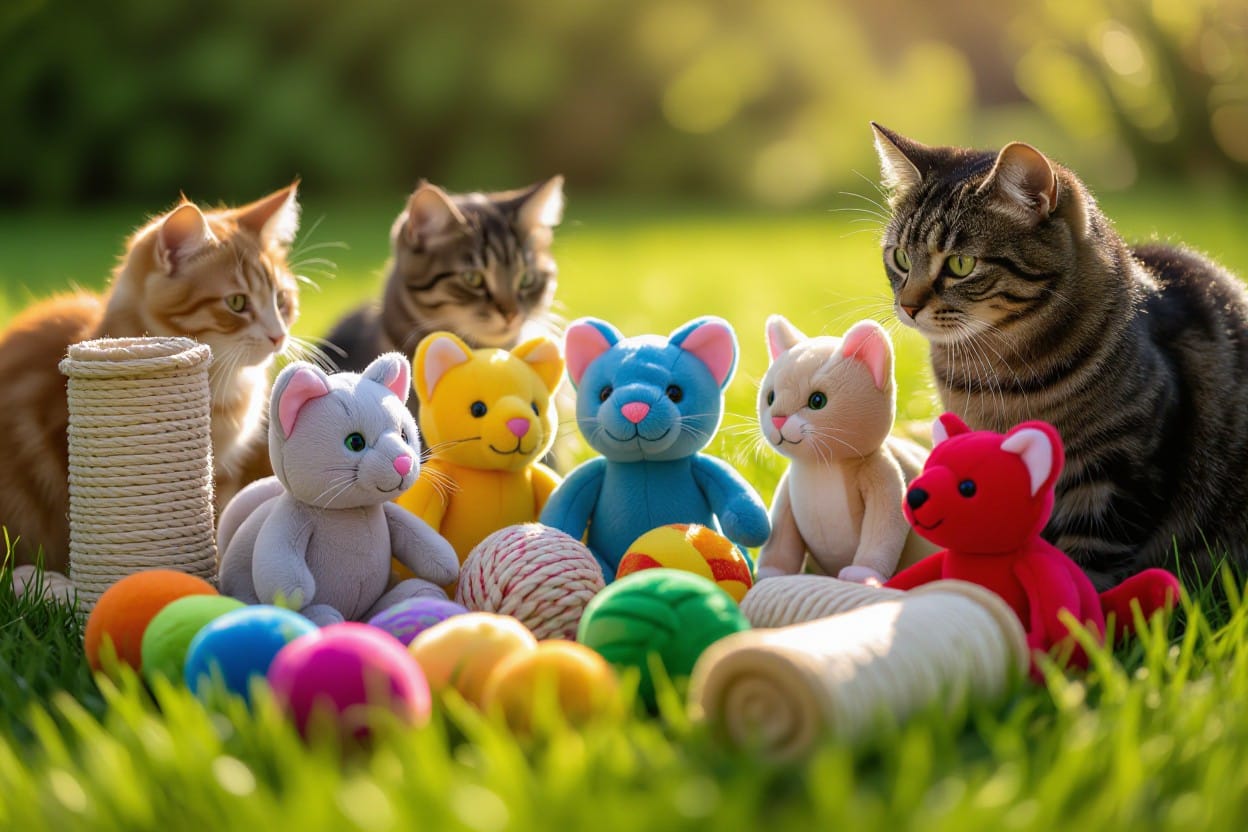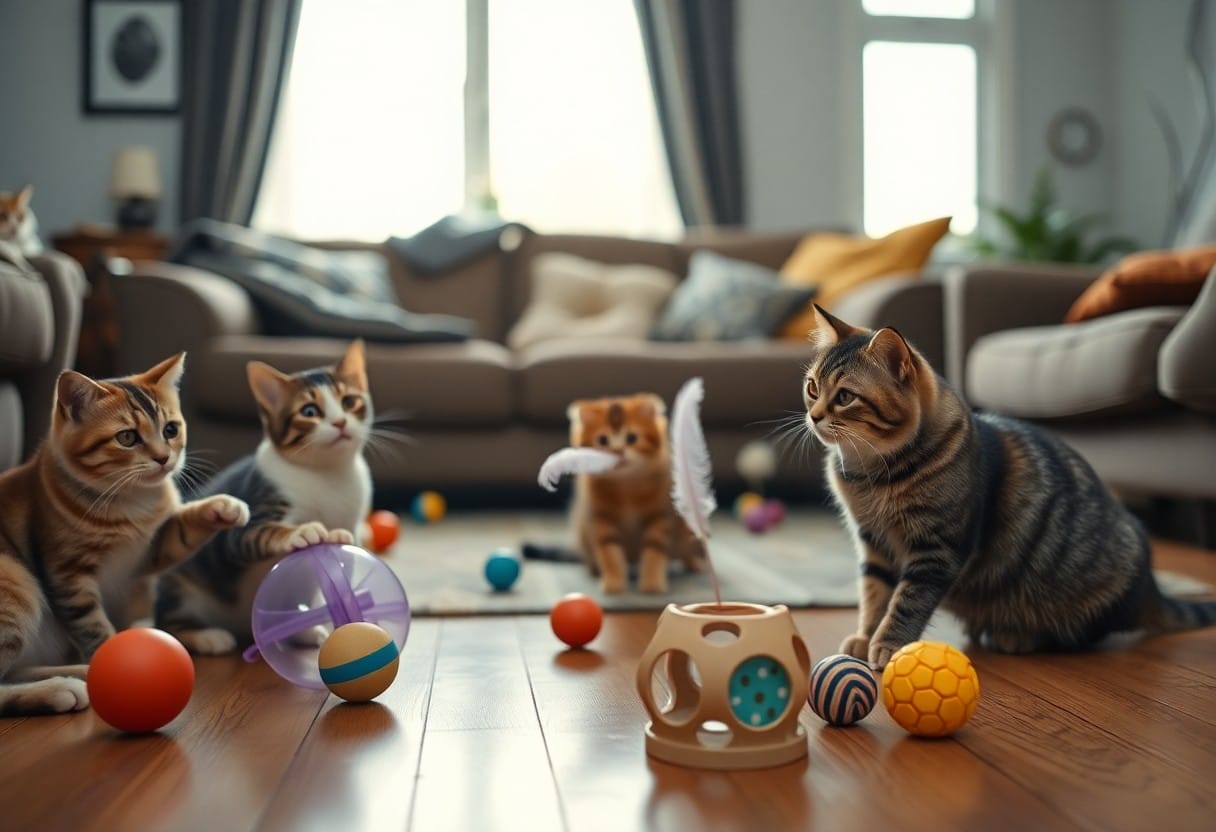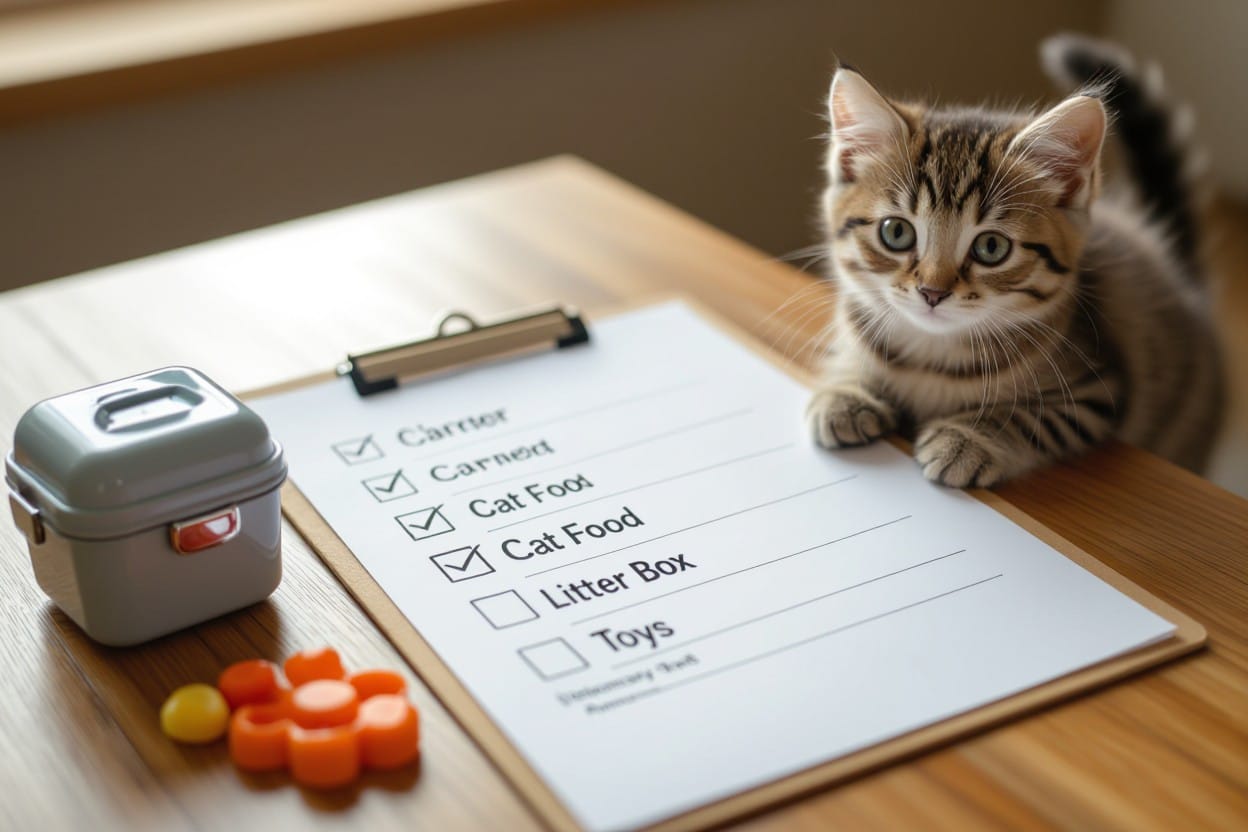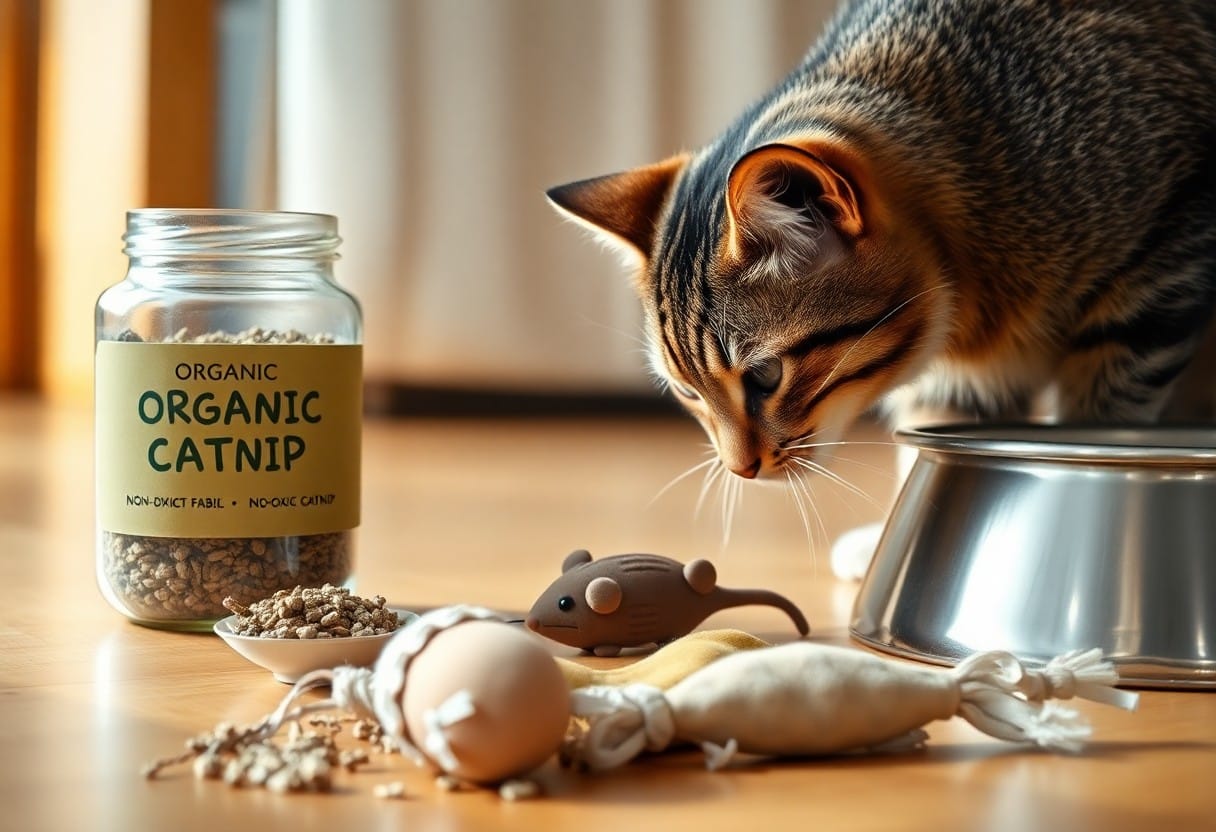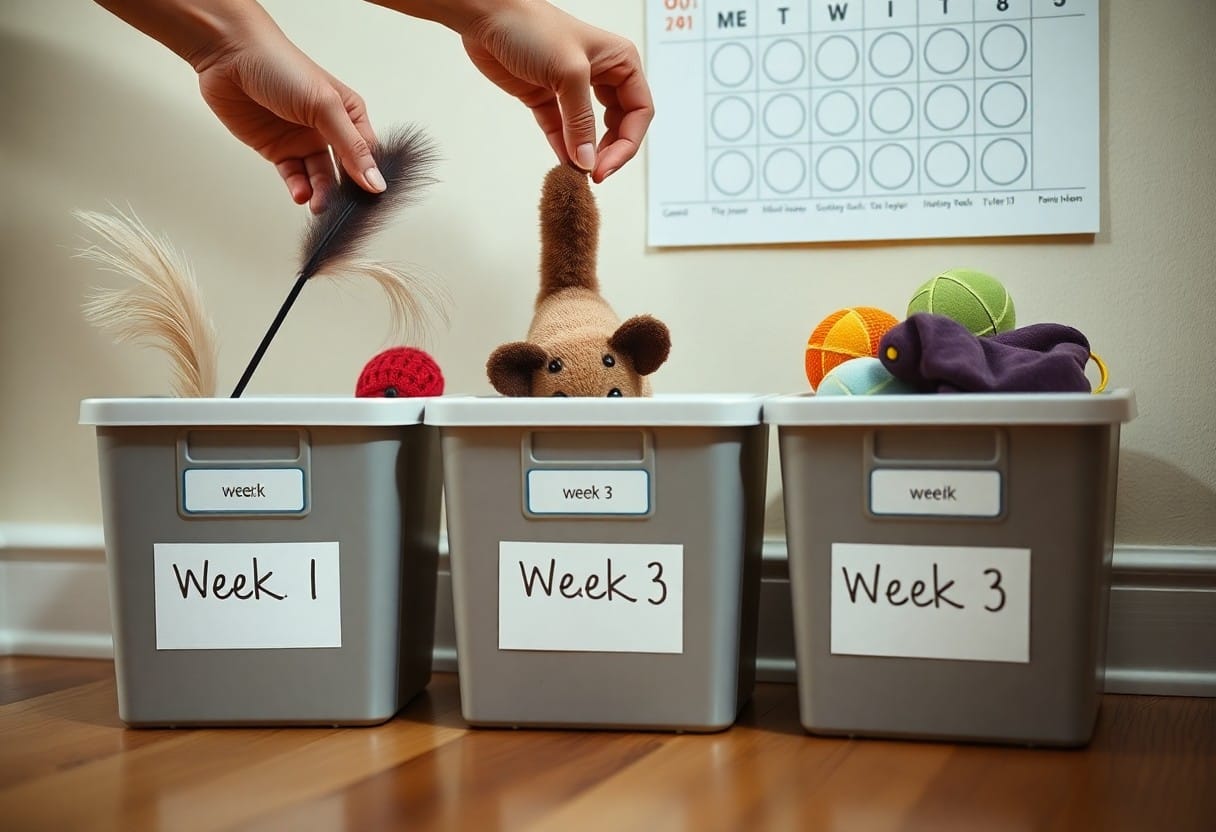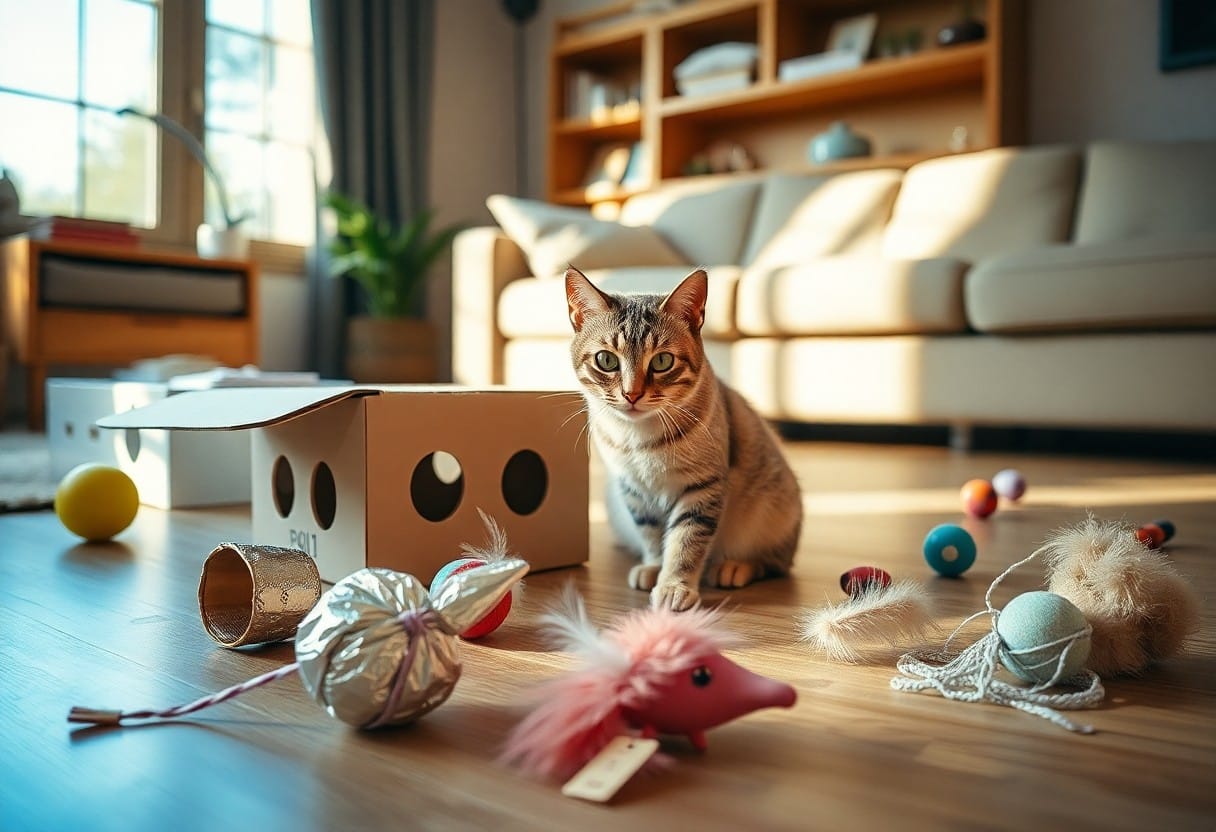Overwhelmed with excitement about bringing a new furry friend into your home? Adopting a kitten can be a wonderful experience, but it’s crucial to be aware of common mistakes that new cat owners often make. From underestimating the commitment required to not preparing your home properly, there are several pitfalls to avoid when welcoming a kitten into your family.
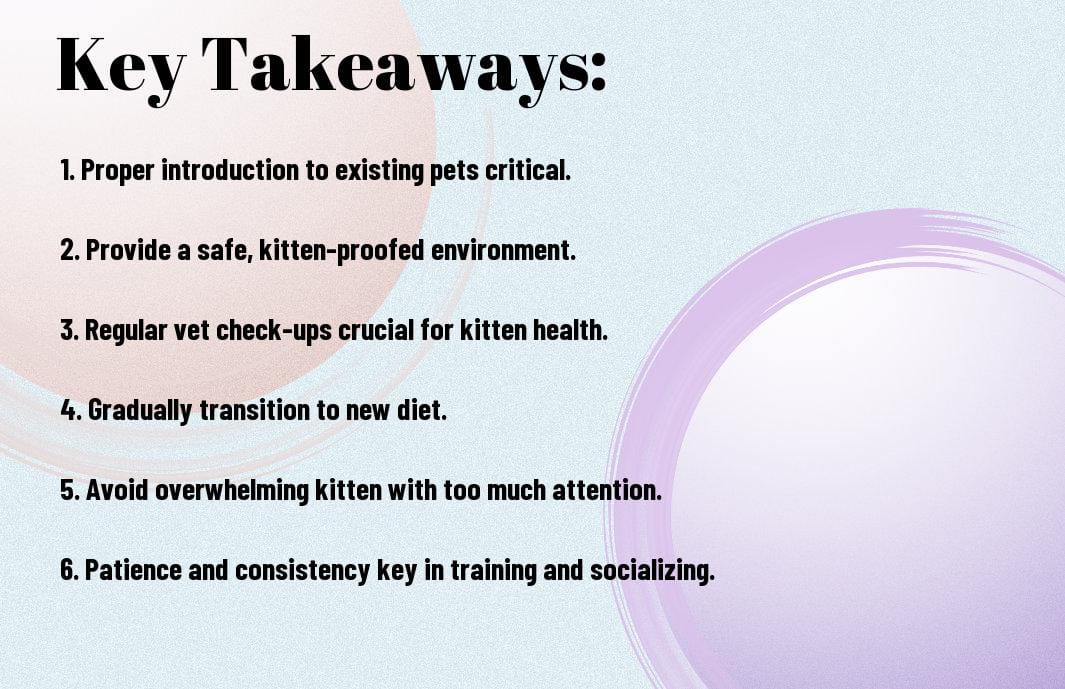
Understanding Kitten Needs
Lifespan and Long-term Commitment
Some new kitten owners underestimate the lifespan and long-term commitment that comes with bringing home a feline companion. Kittens can live up to 15 years or more, so adopting a kitten is a long-term commitment that should not be taken lightly. Before bringing a kitten into your home, consider your lifestyle and ensure you are prepared to provide care for the entirety of their lives.
Daily Care Essentials
Kitten care involves meeting their daily needs to ensure their health and well-being. Some crucial daily care tasks include feeding a balanced diet suitable for kittens, providing fresh water, grooming them regularly, and offering mental and physical stimulation through playtime. It is important to establish a routine that includes these crucials to help your kitten thrive.
Another crucial aspect of daily care for kittens is ensuring they have a safe and comfortable environment. This includes providing a clean litter box, a cozy sleeping area, and kitten-friendly toys to keep them entertained and engaged. By meeting your kitten’s daily care needs consistently, you can help them grow into a happy and healthy adult cat.
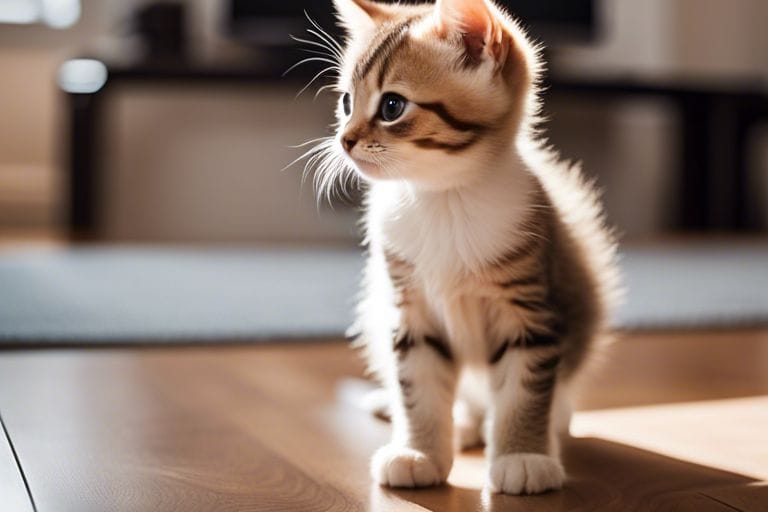
Pre-Adoption Considerations
Assessing Your Lifestyle and Home Environment
Home is where your new kitten will spend the majority of their time, so it’s crucial to evaluate your living space from a kitten’s perspective. Take note of any potential hazards such as exposed wires, toxic plants, or small objects that could be swallowed. Consider whether your home is a calm and safe environment where a curious kitten can roam freely without getting into trouble. Assess your daily schedule and commitments to ensure you have enough time to care for and interact with a playful feline companion.
Choosing the Right Kitten for Your Family
Your family dynamic and individual preferences play a crucial role in selecting the right kitten for your home. Consider factors such as the age, temperament, and energy level of the kitten that would best fit your household. If you have young children or other pets, opt for a kitten that is known to be social and tolerant of such interactions. Conversely, if you have a quieter home, a more independent kitten may be a better match. Ultimately, finding a kitten that meshes well with your family’s lifestyle and needs will lead to a smoother transition and a harmonious bond.
Understanding the needs and personalities of different kitten breeds can also help you make an informed decision. For example, some breeds are known for their affectionate nature, while others may be more aloof or high-energy. Researching breed characteristics and consulting with shelter staff or breeders can guide you towards a kitten that aligns with your expectations and living situation.
Mistakes in Kitten Nutrition
Overlooking Proper Kitten Diet
An crucial aspect of caring for a kitten is providing them with a balanced and nutritious diet. Despite their small size, kittens have growing bodies that require specific nutrients for development. One common mistake new kitten owners make is overlooking the importance of a proper kitten diet.
It is crucial to feed your kitten high-quality kitten food that is specially formulated to meet their nutritional needs. Avoid the temptation to give them scraps from your own meals or feed them dog food, as these may not provide the crucial nutrients kittens require for optimal growth and health.
Ignoring Feeding Schedules and Portions
Ignoring feeding schedules and portions can have a significant impact on your kitten’s health and well-being. With their small stomachs, kittens need frequent, small meals throughout the day. Ignoring a consistent feeding schedule can lead to overfeeding or underfeeding, both of which can result in health issues.
Socialization and Behavioral Training
Neglecting Early Socialization
It is crucial to socialize your kitten from a young age to ensure they grow into a well-adjusted and friendly cat. An early age is the most critical period for socialization, typically between 2 to 7 weeks of age. During this time, kittens should be exposed to various people, environments, sounds, and other animals to help them feel at ease in different situations.
Neglecting early socialization can lead to fearful and aggressive behaviors in cats. It may be more challenging to train a poorly socialized kitten compared to one that has been properly socialized from a young age. To prevent behavioral issues down the road, make sure to prioritize socialization in your kitten’s development.
Inconsistent or Harsh Training Methods
One common mistake when training a kitten is using inconsistent or harsh methods. Cats respond best to positive reinforcement techniques, such as treats, praise, and play. One should avoid punishment-based training methods that can lead to fear, anxiety, and aggression in your cat. Instead, focus on rewarding good behavior and redirecting unwanted behavior towards more appropriate outlets.
Methods that involve yelling, hitting, or other forms of physical or verbal abuse will only serve to harm the bond between you and your kitten. Cats are sensitive animals, and they do not respond well to harsh treatment. By using gentle and consistent training methods, you can help your kitten learn appropriate behaviors and strengthen your relationship with them.
Health and Wellness
Skipping Vet Visits and Vaccinations
On the excitement of bringing home a new kitten, some new pet parents may overlook the importance of veterinary care. Regular vet visits are important for monitoring your kitten’s health, ensuring they are growing properly, and addressing any potential health concerns early on. Vaccinations are crucial to protect your kitten from serious and potentially life-threatening diseases like rabies and feline leukemia. By skipping vet visits and vaccinations, you are putting your kitten at risk and compromising their overall health and well-being.
Underestimating Parasite Prevention
Visits to the veterinarian are not just about vaccinations; they also include crucial discussions about parasite prevention. Fleas, ticks, and internal parasites like worms can pose serious health risks to your kitten. Underestimating the importance of parasite prevention can lead to discomfort, illness, and potentially costly treatments down the line. Your veterinarian can recommend appropriate preventatives and provide guidance on how to protect your kitten from these common parasites.
Parasites can easily infest your home and spread to other pets or even to humans, making it vital to stay proactive in preventing infestations. By following your vet’s guidance on parasite prevention, you can help ensure your kitten stays healthy and happy.
The Living Environment
Your kitten’s living environment plays a crucial role in their well-being and development. To ensure a smooth transition and a happy, healthy feline companion, it’s important to create a safe and stimulating space for your new furry family member.
Inadequate Kitten-Proofing
Any home can present potential hazards to a curious and playful kitten. From small objects that can be swallowed to electrical cords that pose a danger, it’s important to thoroughly kitten-proof your living space. Keep harmful items out of reach, secure cords and cables, and provide safe alternatives for exploring and playing to avoid accidents and injuries.
Failing to Provide Enrichment and Playtime
On average, kittens need several hours of playtime and enrichment activities each day to stay mentally and physically stimulated. Failing to incorporate playtime into your kitten’s daily routine can lead to boredom, destructive behavior, and even health issues. Interactive toys, scratching posts, climbing structures, and regular play sessions are important for your kitten’s overall well-being.
For instance, investing in puzzle feeders or food-dispensing toys can help satisfy your kitten’s natural hunting instincts and provide mental stimulation. Rotate toys regularly to keep things interesting, and set aside dedicated playtime each day to strengthen your bond with your kitten and keep them happy and healthy.

Handling and Affection
Misinterpreting Kitten’s Body Language
Body language plays a crucial role in understanding your kitten’s feelings and needs. Misinterpreting their cues can lead to misunderstandings and potential conflicts. For example, a kitten may flick its tail rapidly when agitated or flatten its ears when feeling scared. It’s important to educate yourself on the common body language signals displayed by kittens to ensure you provide them with the appropriate care and attention.
Lack of Patience and Gentle Handling
Handling a kitten requires a gentle touch and patience. Many new owners make the mistake of being too rough or impatient when interacting with their furry friend. This can lead to a negative association with handling and affection, causing the kitten to become fearful or aggressive. It’s crucial to approach your kitten with calmness and gentleness, allowing them to feel safe and secure in your presence.
This means avoiding sudden movements or loud noises that can startle the kitten. Take your time to build trust and develop a positive bond through gentle handling and affectionate gestures. Be mindful of, a nurturing and patient approach will help your kitten feel loved and cared for in their new home.
Legal Responsibilities and Microchipping
Once again, when adopting a kitten, it is crucial to understand the legal responsibilities that come with owning a pet. Many pet owners are unaware of ownership laws in their area, which can lead to potential issues down the line. Not understanding these laws can result in fines or even legal action, so it is vital to research and comply with all regulations related to pet ownership.
Not Understanding Ownership Laws
Laws regarding pet ownership can vary from state to state and even city to city. Common responsibilities that pet owners have to adhere to include licensing, leash laws, and vaccination requirements. Failure to comply with these laws can lead to consequences that not only affect you but also your beloved kitten. It is important to familiarize yourself with the laws in your area to ensure you are providing a safe and legal environment for your new feline friend.
Overlooking the Importance of Microchipping
With the excitement of bringing a new kitten into your home, it’s easy to overlook the importance of microchipping. While collars and tags can easily come off, microchipping provides a permanent form of identification for your pet. In the unfortunate event that your kitten goes missing, having them microchipped significantly increases the chances of being reunited with them.
The process of microchipping is quick, relatively painless, and can be done by your veterinarian during a regular visit. The small microchip, about the size of a grain of rice, is implanted under your kitten’s skin and contains a unique identification number. This number is linked to your contact information in a national pet recovery database, making it easy for shelters and veterinary clinics to reunite you with your furry friend if they ever get lost.
Summing up
With this in mind, avoiding common mistakes when adopting a kitten is important for ensuring a smooth transition and a happy, healthy life for your new furry friend. By being prepared, patient, and knowledgeable about the needs of a kitten, you can provide the best possible care and environment for them to thrive. Remember to prioritize their health, safety, and socialization, and be mindful of potential hazards and mistakes that could negatively impact your kitten’s well-being.
Being proactive in addressing these common mistakes can help you and your kitten build a strong and lasting bond, setting the foundation for a loving relationship and a lifetime of companionship. By educating yourself and being aware of these pitfalls to avoid, you can navigate the adoption process with confidence and ensure a positive experience for both you and your new feline friend.
FAQ
Q: What are some common mistakes to avoid when adopting a kitten?
A: When adopting a kitten, some common mistakes to avoid include not providing proper veterinary care, not kitten-proofing your home, skipping litter box training, not socializing your kitten, and not providing proper nutrition.
Q: Why is providing proper veterinary care important when adopting a kitten?
A: Providing proper veterinary care is important when adopting a kitten to ensure their overall health and well-being. Kittens need vaccinations, deworming, flea prevention, and regular check-ups to prevent illnesses and ensure they are developing properly.
Q: How can I kitten-proof my home to prevent accidents?
A: To kitten-proof your home, make sure to secure electrical cords, keep toxic plants out of reach, store household cleaners and chemicals in locked cabinets, and remove small objects that could be choking hazards. Additionally, provide a safe space for your kitten to retreat to if they feel overwhelmed.
Q: Why is litter box training important for kittens?
A: Litter box training is important for kittens to establish good bathroom habits from the start. Make sure to place the litter box in a quiet, accessible location and keep it clean to encourage your kitten to use it consistently.
Q: How can I properly socialize my kitten?
A: To properly socialize your kitten, expose them to different people, animals, and environments early on. Handle your kitten gently and positively reinforce good behavior with treats and praise. Encourage playtime and provide toys to keep your kitten mentally and physically stimulated.
